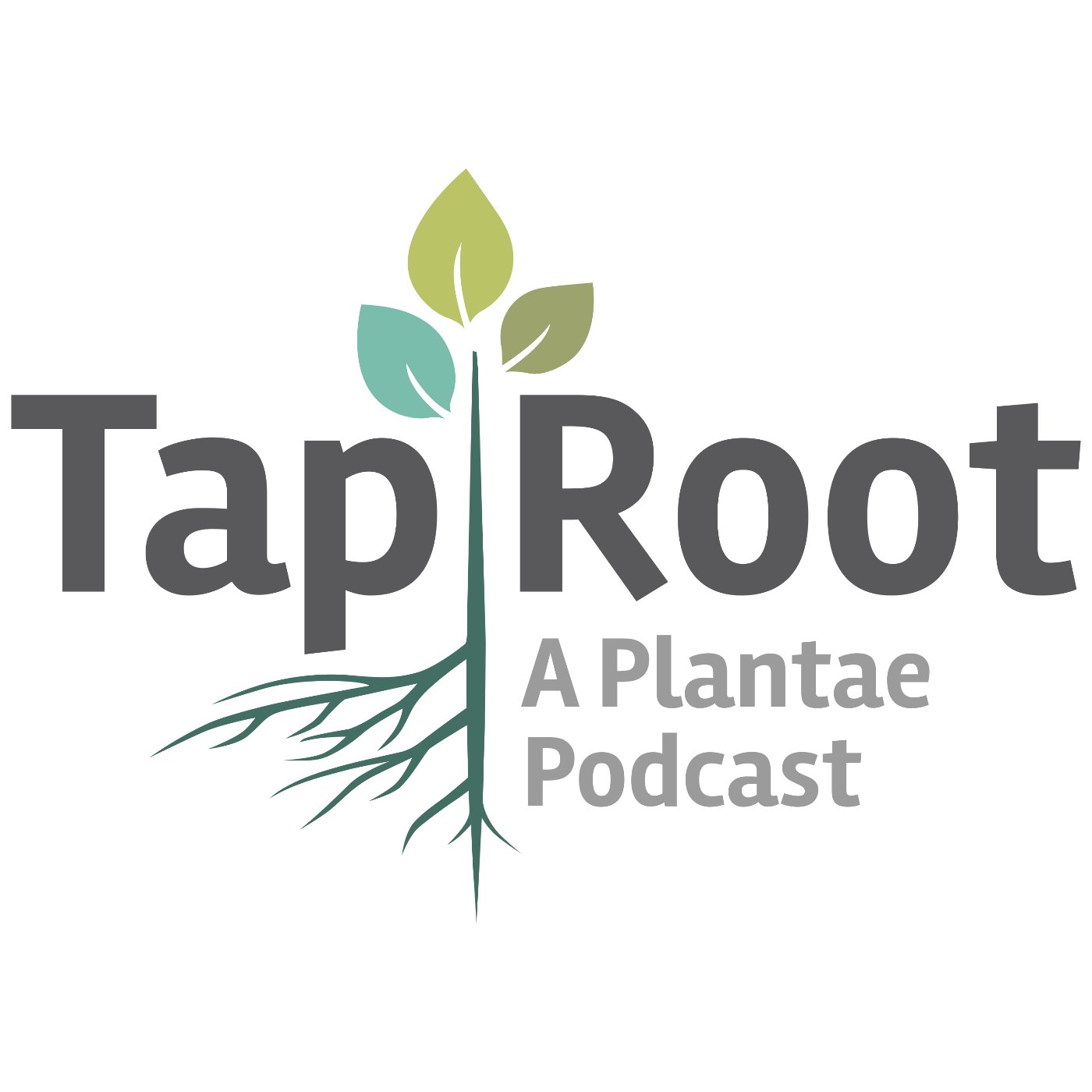S3E2: The World According to Dan: truth, Stats, and SNPs

This season of the Taproot is all about busting myths. In this episode, we talk with Dan Kliebenstein and bust the myth that if p < 0.5 your conclusion is correct. Dan Kliebenstein is a full professor at the University of California Davis, as well as a visiting professor at the University of Copenhagen. Before moving to California, Dan completed his Ph.D. at Cornell University under the advisement of Rob Last and then did a postdoc at the Max Planck Institute with Dr. Thomas Mitchell-Olds and Jonathan Gershenzon. Dan is currently an editor at four journals including the Plant Cell and eLife. Dan has many publications to choose from, but in this episode, we talk with him about a recent paper from his lab, "The quantitative basis of the Arabidopsis innate immune system to endemic pathogens depends on pathogen genetics." This work looks into how many genes actually control a host-pathogen interaction and what their identities might be. We talk about judgment calls his lab had to make when looking at their data, ambiguity, and how they dealt with it. We also discuss what led Dan to lead a Plant Cell perspective article on reassessing the t-test and explore how the scientific community can avoid incorrect conclusions, and putting undue emphasis on “mechanism” and “novelty”. A transcript of this episode, generously provided by Joe Stormer can be found here https://bit.ly/3bjjavz SHOW NOTES: @SpicyBotrytis @ehaswell @baxtertwi @taprootpodcast Corwin, J. A., Copeland, D., Feusier, J., Subedy, A., Eshbaugh, R., Palmer, C., ... & Kliebenstein, D. J. (2016). The quantitative basis of the Arabidopsis innate immune system to endemic pathogens depends on pathogen genetics. PLoS genetics, 12(2), e1005789. Brady, S. M., Burow, M., Busch, W., Carlborg, Ö., Denby, K. J., Glazebrook, J., ... & Springer, N. M. (2015). Reassess the t test: interact with all your data via ANOVA. The Plant Cell, tpc-15. Additional Papers Mentioned: Stoeger, T., Gerlach, M., Morimoto, R. I., & Amaral, L. A. N. (2018). Large-scale investigation of the reasons why potentially important genes are ignored. PLoS biology, 16(9), e2006643. Su, A. I., & Hogenesch, J. B. (2007). Power-law-like distributions in biomedical publications and research funding. Genome biology, 8(4), 404. Edwards, A. M., Isserlin, R., Bader, G. D., Frye, S. V., Willson, T. M., & Frank, H. Y. (2011). Too many roads not taken. Nature, 470(7333), 163. Monroe, J. G., Powell, T., Price, N., Mullen, J., Howard, A., Evans, K., ... & McKay, J. (2018). Drought adaptation in nature by extensive genetic loss-of-function. bioRxiv, 372854. Terminology: GWAS - Genome Wide Association Mapping; a method of looking at the association between genetic markers which we will call SNPs (Single Nucleotide Polymorphisms) in this discussion